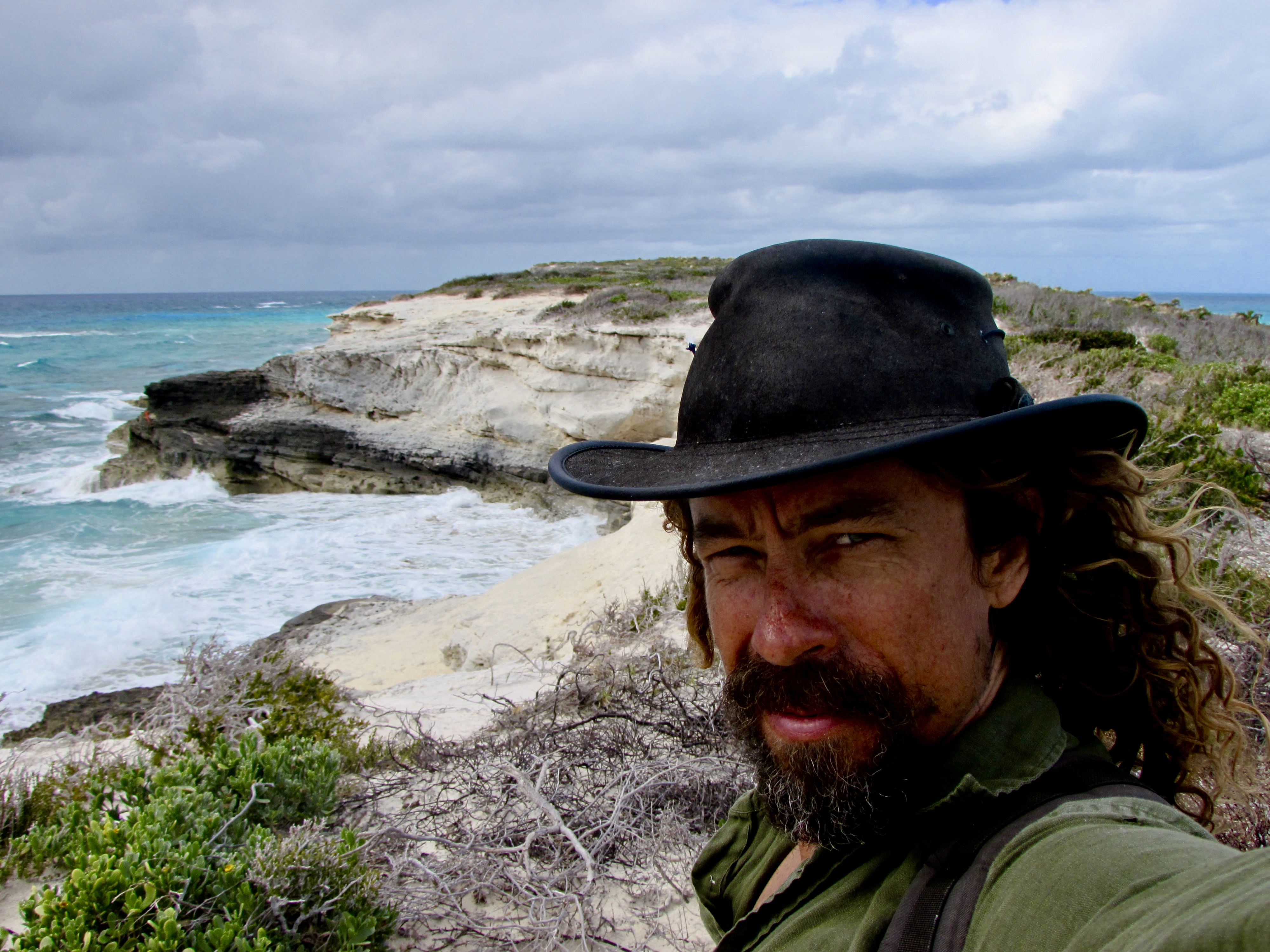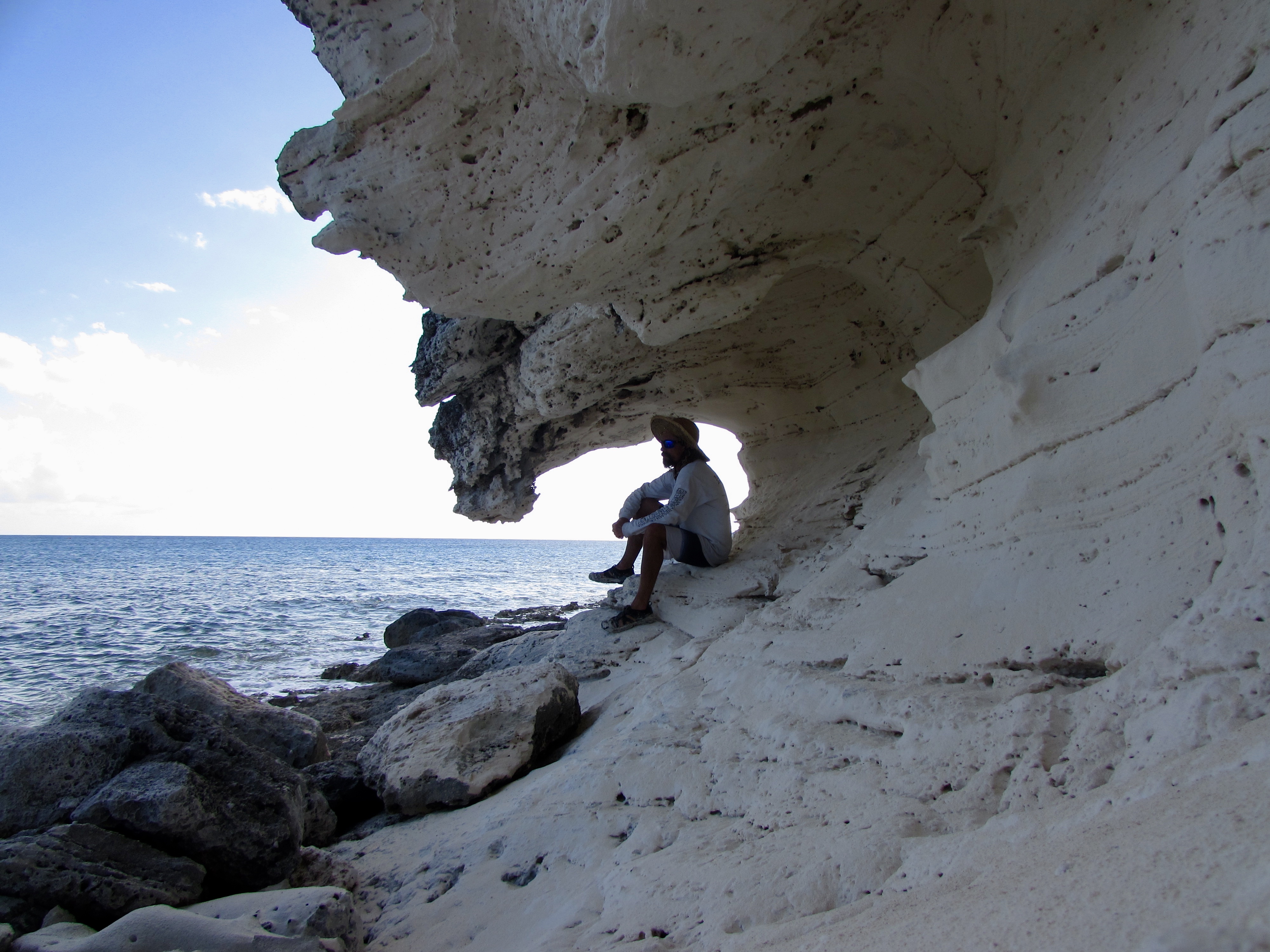These are two choices that we all have every day, but this important decision is not often looked at in such a perspective. The choices we make and the activities and pastimes in which we partake can either enrich our lives, stagnate our lives, or rob us of our happiness and health.
Many things that we call “entertainment” often turn the brain down or even completely off. Television, watching movies, and mindlessly scrolling through social media can all fall into this category. Of course, some will argue that television can be educational, movies are an art form, and social media keeps us connected with friends. These arguments are all correct. However, it is also correct that such forms of entertainment can shut the brain off, and worse, fill it with propaganda and advertisements, molding our brain into something the propagandists desire, and creating wants within us for things we don’t need, or worse, things that are harmful. We need to place, for ourselves, limits on such activities.
Recreational drugs also turn the brain down or all the way off. Don’t forget that alcohol is included in this category, because it most certainly is a drug. Unfortunately, it is quite socially acceptable to partake in drugs in our free time. They make us feel like we are doing something when we are not. They satisfy desires and needs within us, they quiet our demons, and they dull our pain. But they also reduce our desire to set and accomplish goals, are themselves demons, and reduce our ability to endure pain, overcome anxiety, or deal with depression. They do not enrich our lives, rather they chip away at our lives while fooling us into thinking that they are our friends.
So what, then, turns our brain on? How could we be spending our free time more intelligently? How could we be spending our free time more productively? How could we get more out of life? The short answer is to set goals and work towards them.
“But this sounds like more work,” one might argue, and they would be correct. Work is what we do. Work is what makes us human. Work is how we achieve the goals that make life meaningful. Work is how we grow and continue to get more out of life as we move from childhood to adulthood to old age.
What goals might we set and work towards in our free time, you might be thinking right now? This is a personal question that each of us must answer for ourselves. But, I know, that is dodging the question, so I will offer some examples from my life that may apply to yours.
The creation of art, in any of its forms, is a noble goal to work toward. Creativity certainly turns the brain on, and causes it to create new neural pathways (as does any new learning) and crosses over into all aspects of our lives helping us to create solutions to problems. Creating art helps us to see the beauty in the world. It helps us to learn about our subconscious mind and deal with any suppressed issues we might have. Art not only enriches our lives but it enriches the lives of those exposed to it as well. “But I’m not artistic,” one might say, and one might be correct. To that I say anything important is worth doing badly. Nobody has to see your work, and overcoming the fear to create is something every artist must do. Remember that just because someone else is good at something does not mean they were born that way. They probably set a goal and worked very hard to become good at it.
Athletic pursuits are always worthwhile. Not only does exercise improve our bodies and our health, it is also good for the brain. Exercise increases blood flow to the brain thus improving its efficiency, stimulates new neural connections, and releases endorphins. Exercise can also be meditative, giving our minds time to grow, and our deep thoughts time to surface. Do it.
Meditation straddles the line between turning the brain on and off, but deserves attention here. Meditation turns off a large part of the conscious mind, which is very difficult to do, and allows the subconscious to communicate with the conscious. This is a worthwhile endeavor, to say the least. Meditation reduces stress, develops mind control, and causes an appreciation of the present moment, something many of us need help with. Serious practitioners would surely add many more benefits to this list.
Learning, in any form, is an obvious way to turn the mind on. Learning also helps us achieve our goals. All of our lives can be improved through learning, whether it is learning a new trade, a foreign language, how to play an instrument, reading books, or furthering our existing career. We live in a time where all the world’s knowledge is at our fingertips, literally within devices in our pockets and on our desktops. We can and should take advantage of this and learn something new every day.
Spending time in nature is another productive and brain-stimulating pastime. The Japanese have a word for this: shinrin-yoku, literally “forest-bathing,” exposing oneself to nature and taking it in through all of the senses. This is something our ancestors did all day every day. We, however, must make a conscious effort to expose ourselves to nature. This has many benefits, including the reduction of stress, which results in improved health.
What else turns the brain on and enriches our lives? Many things do this, some are perfect for you, and it is solely up to you to figure out what is best for your life. We all need to spend time thinking about what makes us happy and healthy, set goals to achieve these things, and work toward these goals. I guarantee you that happiness does not come from turning the mind off with drugs or mindless entertainment. Partaking in such things amounts to avoiding the issue and dulling the senses. Life is precious; life is a gift; do not squander this gift, rather we should embrace it fully and get all we can from it during our very short time here.
Paul Trammell is the author of “Journey to the Ragged Islands” and other books available at Amazon.com


